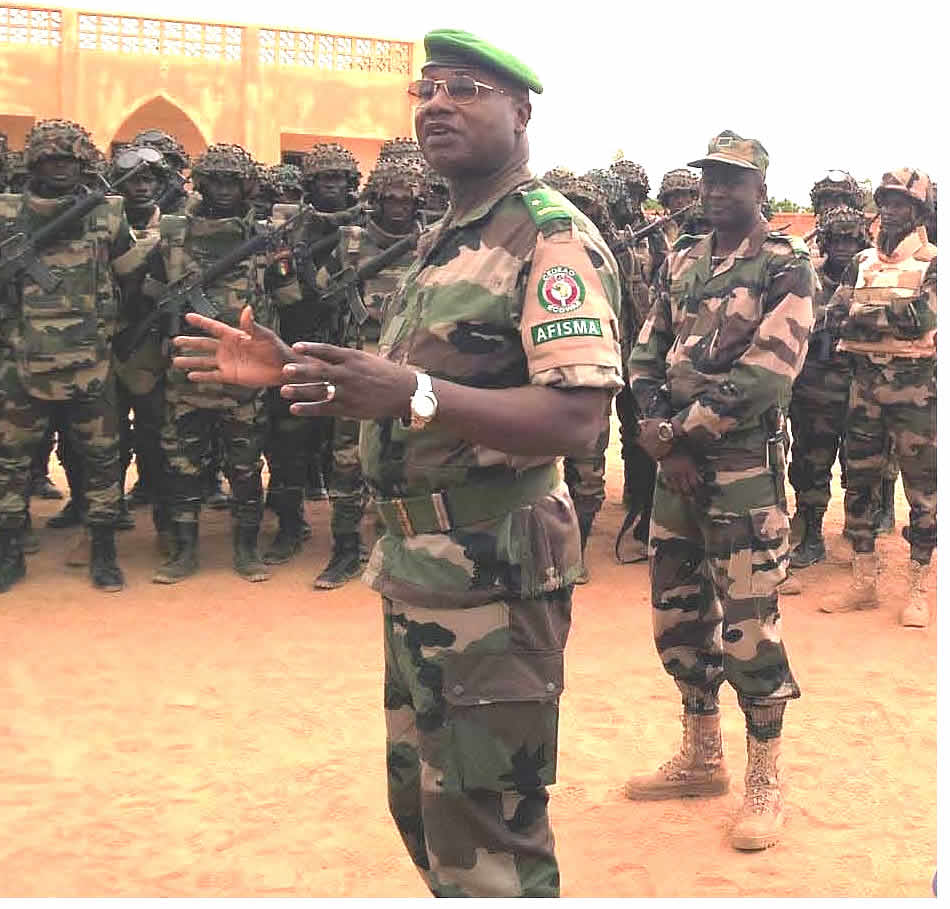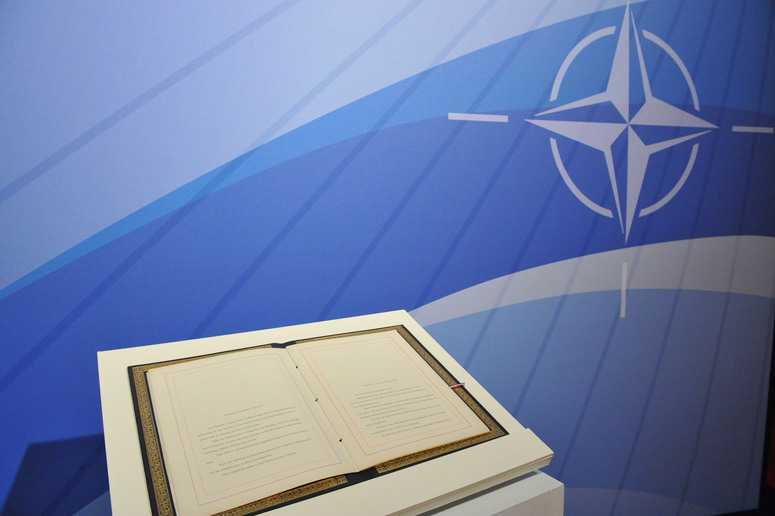The Republic of Chad has frequently made news in recent weeks, for reasons both positive and negative. On the one hand, Chad has garnered international attention for its important contribution to the African-led International Support Mission to Mali (AFISMA). Since the deployment of the mission in January 2013, Chad has contributed 2,000 troops to the re-stabilization process in Mali. These troops have been involved in some of the fiercest fighting of the Malian conflict, suffering 36 casualties. While the Chadian government has begun to withdraw its troops from Mali, plans have already been made for Chad to contribute significant resources and troops to a follow-up UN peacekeeping mission in the country.
On the other hand, Chad has drawn condemnation from civil society organizations, such as Human Rights Watch, as well as from a number of national governments – the United Kingdom in particular – for accommodating visits by certain high-level Sudanese officials. In February 2013, Sudanese President Omar al-Bashir was welcomed to N’Djamena, the Chadian capital, for a weekend summit. In late April, Abdelraheem Mohammed Hussein, the Sudanese defence minister, also visited N’Djamena. Both men are sought by the International Criminal Court (ICC) on charges of war crimes and crimes against humanity, with warrants for their arrest having been issued in 2009. State parties to the Rome Statute, from which the ICC derives its basis, are obliged to uphold the arrest warrants for these Sudanese officials. Chad, despite having signed the Rome Statute in 1999 and having ratified it in 2006, has failed to uphold international law by welcoming these officials.
[captionpix align=”left” theme=”elegant” width=”300″ imgsrc=”http://www.countrywatch.com/imgs/vCountry/35_map.gif“]
At first glance, the recent behaviour of the Chadian government may seem inconsistent, contributing to stabilization efforts to the west while remaining indifferent to conflict to its east. Yet this may be best understood as a balancing act by Chad, which has long occupied an awkward geopolitical position. Surrounded by some of Africa’s major powers – Nigeria, Libya, and Sudan – it has long been a challenge of Chadian foreign policy to find a middle path that does not draw the ire of these three African powers. When Chadian authorities have failed to balance the country’s relationships with its neighbours, the result has been conflict, at times leading to violence. For example, between 1965 and 1979, the First Chadian Civil War was exacerbated by an attempted Libyan invasion, Sudanese support for various rebel groups, and a failed intervention by the Nigerian military.
Chad’s willingness to contribute meaningfully to AFISMA despite the country’s own precarious position presents an opportunity for NATO. To date, the Alliance has had limited engagement with the African Union and its nascent African Peace and Security Architecture. But NATO member states would be well-served to approach Chadian officials with a very practical form of engagement: training assistance for a brigade of the African Standby Force (ASF).
The ASF is an instrument of the African Union, intended to allow for rapid response to emerging crises and conflicts on the continent. It calls for the creation of brigades composed of as much as 6,500 troops centred on the five African sub-regional organizations. Thus far, the Economic Community of West African States (ECOWAS) has made the most progress in forming its brigade, having obtained considerable experience from previous interventions in Sierra Leone, Liberia, Cote d’Ivoire, and elsewhere. However, the Economic Community of Central African States (ECCAS), of which Chad is a leading member, has made the least progress of the five sub-regional groups in achieving operational status for its ASF brigade. This leaves Chad without effective regional support in the event that Chad’s security is compromised, such as by a spill-over of the Sudanese conflict.
Helping ECCAS build up the capabilities of its ASF brigade would be an important contribution to African security by NATO, and it could well improve upon Chad’s prospects as a partner on the continent. While the brigade’s Planning Element is based in Libreville, Gabon and a regional logistics base has been established in Douala, Cameroon, plans for the ASF brigade call for a joint peacekeeping training centre that has yet to be formed. With the experience NATO has developed from numerous successful operations, as well as the knowledge and expertise cultivated by the NATO Centres of Excellence, training at the operational, tactical, and strategic levels at an ECCAS centre could greatly benefit from partnership with relevant NATO institutions.
The opportunity having been identified, all that remains is to seize the chance to assist Chad and its regional partners. If the Atlantic community hesitates, Chad may continue to flout international law in an effort to win favour with neighbouring powers like Sudan, or competitors for influence in Africa may seek to fill a role that would be better suited to NATO.




